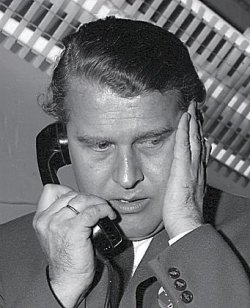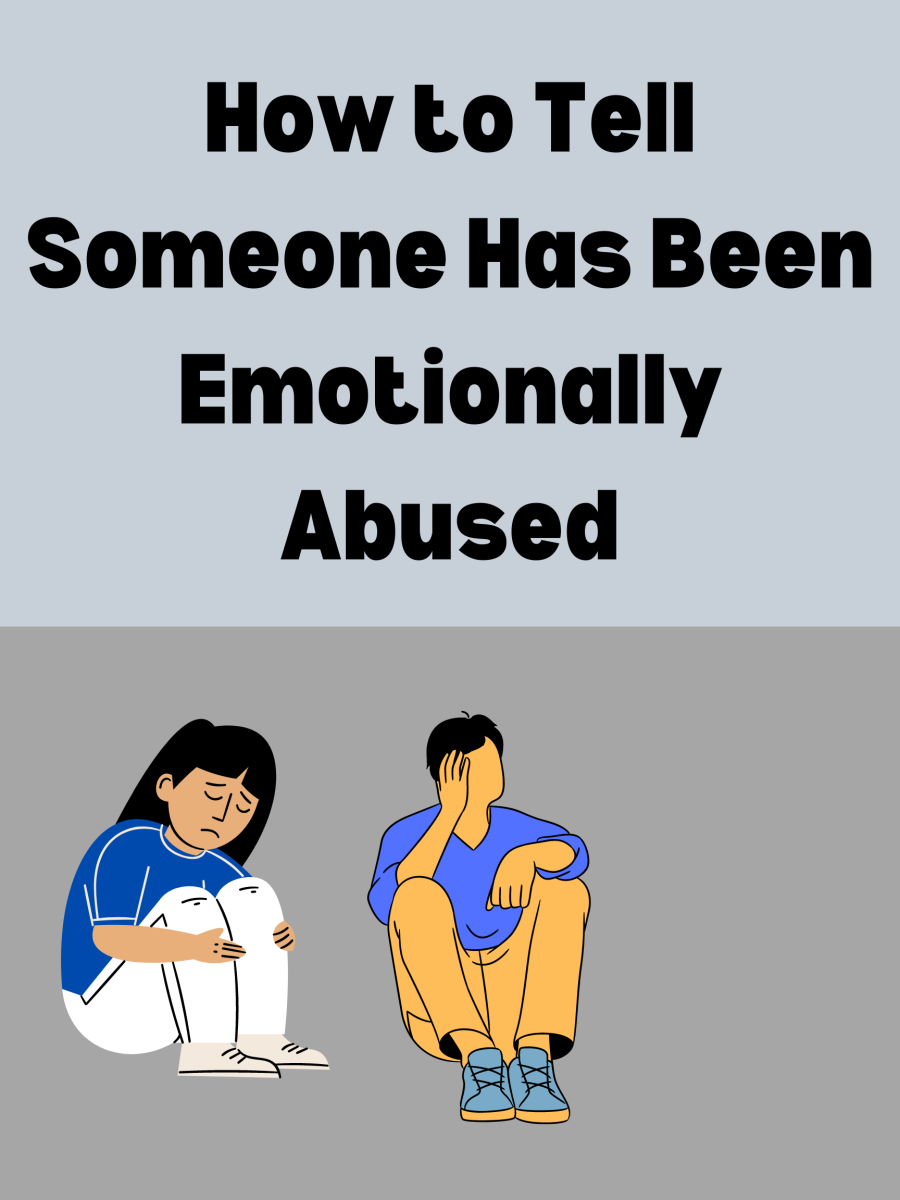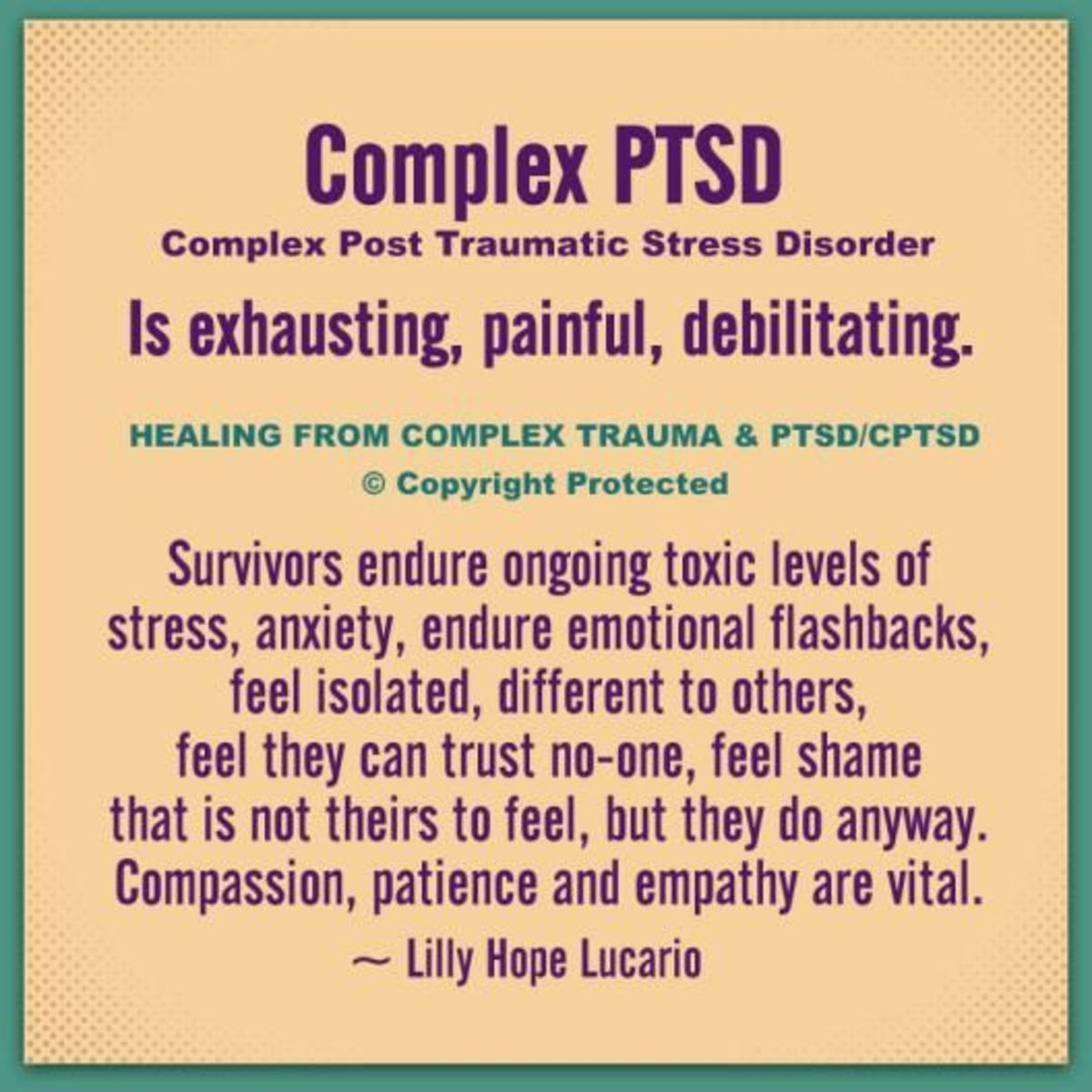Phonagnosia or Unfamiliar Voices or Are You Tone Deaf?

Phonagnosia.... Am I Voiceblind?
Can you be voiceblind? When you answer the phone and the person on the other end starts talking, do you know who you are talking to? Is it your spouse, your brother or sister or is it your mother or father? You ask them who they are and they act surprised: "I am your wife, who do you think I am?"
The word phonagnosia is constructed from two Greek words: phone, meaning sound, voice and agnosia, meaning non knowledge, ignorance. So you get the picture. Phonagnosia is a neurological disorder which means "inability to recognize familiar voices". This is a very rare condition that is sometimes followed by an injury to the head or brain damage, but sometimes the person is born with it. University College London conducted the first known research on this disorder. A woman, whom we only know as KH, was born with phonagnosia. She had found a method to deal with her voiceblindness by simply only answering the booked calls so she would know in advance who was calling her. She was not able to recognize even her own daughter's voice if she called her without a pre-arrangement. When she got in touch with one of the doctors at UCL, she was told what was wrong with her.
Today, we all have caller id's on our phones of course. That makes things a lot easier for people like K.H. At least they don't have to book their phone conversations anymore.
What causes phonagnosia?
There are two types of phonagnosia. One, it occurs after severe head injury, brain damage or stroke, and two, you are born with it. This term was first used by Van Lancker in the early 80's. He and his colleagues made series of researches to figure out the differences between a normal functioning brain and the one with phonagnosia. They came to the conclusion that this could be caused by lesions to the right hemisphere of the brain. The primary auditory cortex is the part of our brain that gives us the information about what we are hearing, who is talking and what their pitch and volume are. The auditory cortex is located in the temporal lobe. Some patients with phonagnosia are capable of understanding the environmental sounds, like the sounds of nature etc. However, some of the patients eventually show decrease in their language skills in time. Some patients may also show signs of amusia, a musical disorder that disables the ability to process pitch, like not being able to understand music, or recognize the sound of musical instruments or difference between notes.
Unfortunately, there is not enough study on people who are born with this condition. MRI tests do not show any damage to the brain like in K.H's case. These are the cases that are referred to as "developmental phonagnosia", meaning, as you were growing up, the part of your brain that is responsible of processing sounds did not fully develop to identify the sounds. Scientists still do not know what really causes this developmental problem, however the answer might be in the genes that are responsible of cognitive development.
Are you tone deaf?
There are some websites online where you can test your ability to recognize voices. Here are some of them:
And here are some examples just for the laugh.
Do tone deaf people know they are tone deaf?
The problem is, if we are speaking of musical notes, usually tone deaf people are not conscious of their pitch problems because their ears can not recognize the differences in notes.
Another problem with voice is that every person has a certain vocal range. Sometimes when singers can not hit the high or really low notes due to the limits of their range, they would recognize the problem. In this case they would not be classified as tone deaf.
When a person has a more advanced case of phonagnosia, like not being able to recognize one person's voice from the other, it is a more serious neurological condition.
Of course, the videos here are just for a little laugh but honestly, tone deaf people don't really realize they are tone deaf because they can not tell the differences in pitch.
When The Brain Can't Hear
Other Articles Online On Phonagnosia
- First Case Study of Developmental Phonagnosia
K.H., an active and professional woman who works as a management consultant, told the researchers that she has always had severe difficulties recognizing familiar voices, even those of close relatives such as her daughter. - Are You Phonagnosic?
“Voice recognition may not seem as important as face recognition, given that failing to recognise someone in front of you can cause much more social anxiety than not recognising them over the phone. Yet we rely on voice recognition in our day-to-day - Voice Blind Man Befuddled By Mysterious Callers
As a boy growing up in Northern Virginia, Steve Royster was confronted with a small but persistent mystery — a mystery that presented itself every time he used the phone. "Everyone always knew when I was calling just by the sound of my voice," Royst





